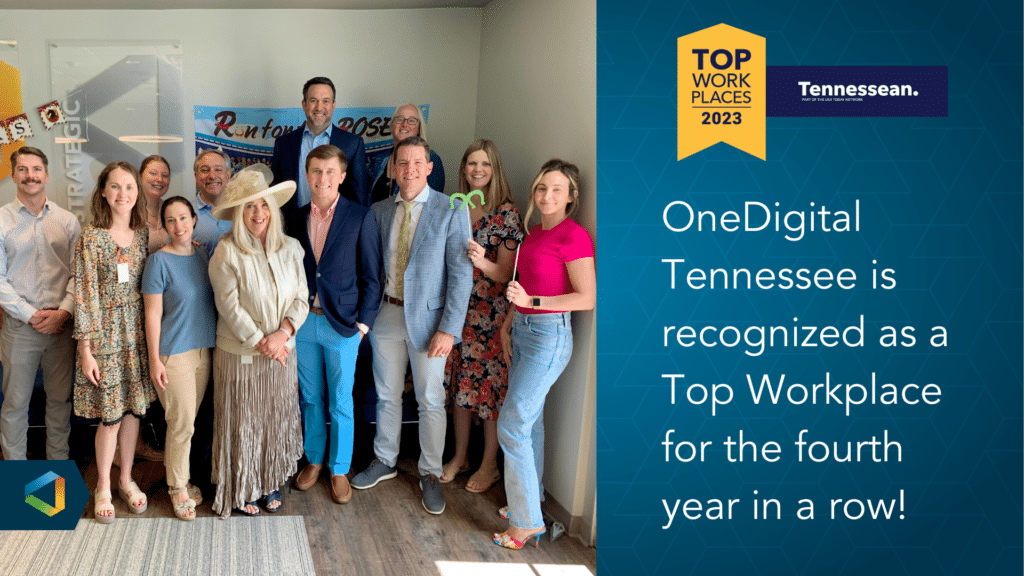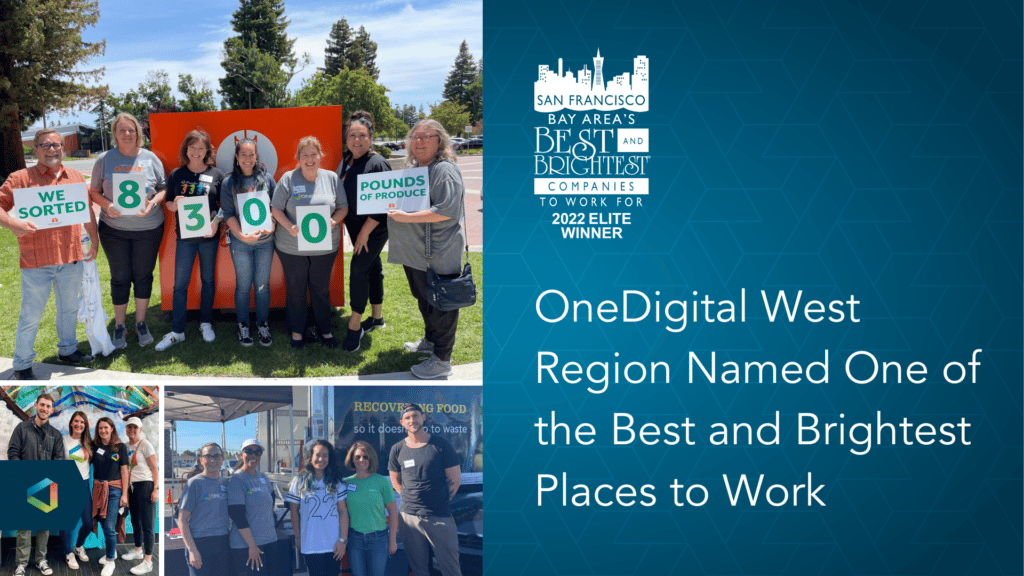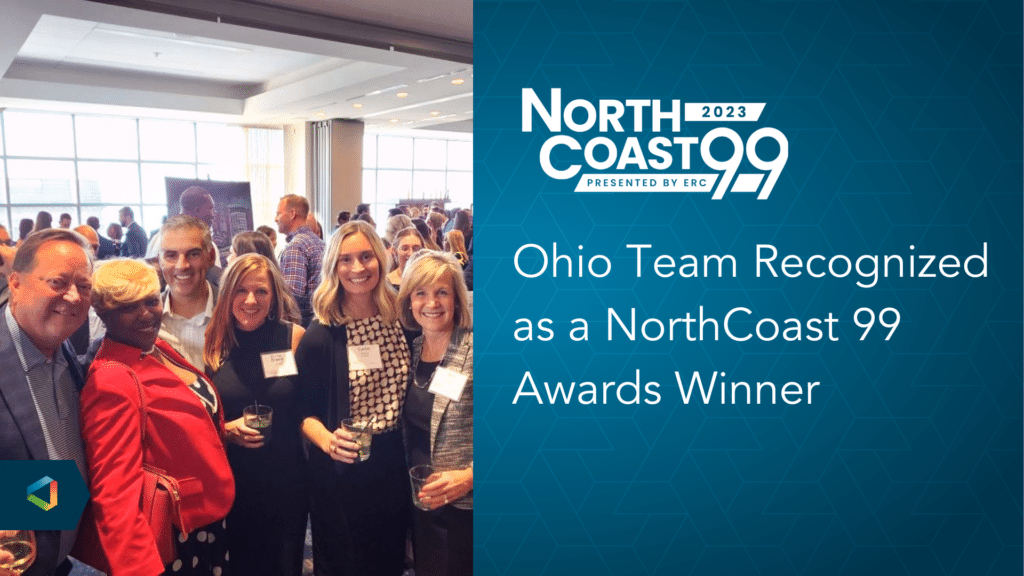What makes an exceptional workplace? While the answer varies from employee to employee and company to company, there are a few key elements that resonate with the majority of best-in-class organizations, starting with an organization’s culture.
A culture of open communication, growth opportunities and flexibility are paramount to creating an exceptional workplace, and in a digitally driven society, technology is key for creating an exceptional culture’s foundation.
Communication is achieved, in short, through verbal, nonverbal, and visual exchanges. Research has found that a combination between these modes is important to guarantee effective communication. Depending on how you communicate, you may only be implementing one or two of these modes, causing your message to be misunderstood or not heard at all. Technology can be used to increase this effectiveness. For example, when communicating via email, only the text of your message is being delivered. There is no tone of voice or body language to increase the likelihood that your message is being received correctly. For many organizations with multiple locations or remote employees, defaulting to email is the norm; however, skype meetings or video conferencing may be a better way for your team to communicate. Seeing co-workers face-to-face, regardless of whether it’s done through digital means or in-person, promotes teamwork and open communication. This use of technology allows employees to connect with others and eliminates the silo effect that employees may feel, helping to contribute to an exceptional culture.
Technology is key to driving employee growth and engagement, which is essential for an exceptional workplace with a multi-generational workforce. Millennial and centennial generations especially value learning environments and growth opportunities in the workplace, both of which can be provided with technology. At the base level, technology can be used to automate projects, making tasks more efficient, and employees more productive. HR teams are embracing technology more each day for this very reason. As Elvia Tito, Senior Benefits Consultant of OneDigital shares, “employers can save time and money automating these processes, increasing productivity and offering a user-friendly solution for both HR plan administrators and employees.” This frees up time for employees to take on new responsibilities, learn new skills and grow. Employers can use technology as a “teacher” by utilizing online-training, making employee educational materials and open enrollment more accessible and affordable for employers to implement.
Flexible work environments are vital to establishing exceptional work cultures. Gone are the days of regular face-time in the office. Employers who understand the value of a flexible work schedule for employees and the importance of task oriented workplaces are gaining strength. Utilizing appropriate technology tools will help ensure that employees can be productive both in and out of the office. Virtual desktops, remote meeting capabilities and phone systems all ensure that employees can get their job done without having to be in the office.
Utilizing available technology tools will help build an employee culture towards becoming an exceptional workplace. To do so, employers should be thoughtful about their culture and be mindful of using technology in a way that directly affects the workplace culture and makes a positive difference. Before implementing or enhancing your current technology strategy, it’s crucial to find a partner that can assess your unique organization and address any areas of concern. Connect with your OneDigital representative to determine the best fit for you.




